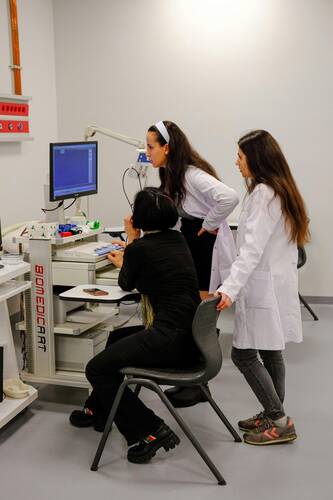Hospitals, health care systems, doctors' office, medical labs and facilities are under increasing threat from cybercriminals. These remote, often foreign agents hijack critical medical operating systems and records, holding these important systems operationally hostage until a ransom is paid. The ransom may be paid in cryptocurrency and kept secret to avoid bad publicity. Therefore, medical systems must be on the forefront of cybersecurity, with advance phishing detection, staff education, and strict firewalls.
Learn more about the use of firewalls in protecting valuable health care systems and medical information below.
Key Takeaways:
- Firewalls are crucial for network security and differentiate between safe and unsafe traffic.
- Various firewalls, such as hardware and software firewalls, serve different functions.
- Implementing a firewall is essential for protecting sensitive information and maintaining data integrity.




